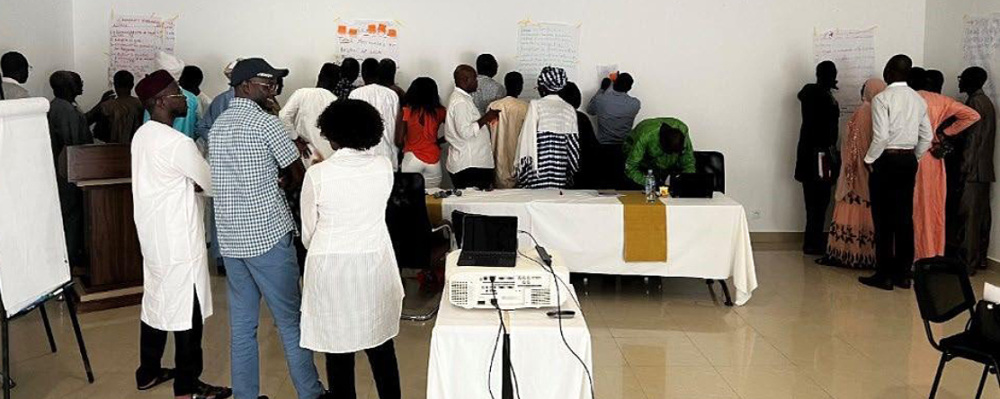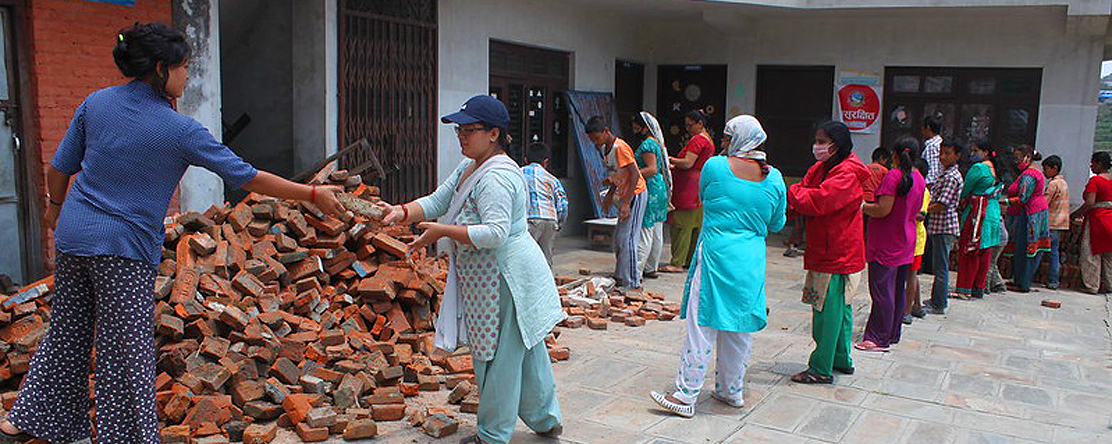
Implementation of Global Health Competencies: A Scoping Review on Target Audiences, Levels, and Pedagogy and Assessment Strategies
- David Hausner, PhD, MPH, MIA
- Meike Schleiff, Bhakti Hansoti, Anike Akridge, Caroline Dolive, Anna Kalbarczyk, George Pariyo, Thomas C. Quinn, Sara Bennett
-
Focus Areas
Global Health -
Programs
Sustaining Technical and Analytic Resources (STAR)

As the field of global health expands, the recognition of structured training for field-based public health professionals has grown. Substantial effort has gone towards defining competency domains for public health professionals working globally. However, there is limited literature on how to implement competency-based training into learning curricula and evaluation strategies.
A new study in PLOS One, by PHI’s Global Health STAR program, identified two approaches to defining skill level or milestones: fining levels of increasing ability; or, changing roles across career stages. Pedagogical approaches featured field experience, direct engagement, group work, and self-reflection. Assessment approaches included self-assessment surveys, evaluations by peers and supervisors, and mixed methods assessments.
Read the study
Global health is already a very dynamic field and is sure to change even more in the future. While many different voices are joining the debate about how the field will evolve by providing perspectives, tools, and learning activities, a great deal of work must be done to align, validate and evolve these contributions towards translatable, actionable, and trustworthy instruments, resources, and opportunities. The capacity development needs of professionals in government versus non-governmental organizations, academic or research- versus program implementation-focused institutions, and the public or non-profit versus private sectors can vary greatly, as can the individual learning styles of professionals in those settings. Competencies and their assessment may also need to vary accordingly to respond to the needs of specific agencies or particular groups of learners. Further discussion and action on the role and implementation of competency-based education better equip the global health workforce as they address current and emerging global health challenges is needed.
PHI’s Global Health STAR program is a five-year USAID-funded Fellowship project that improves the knowledge and skills of US and low-and-middle-income country (LMIC) professionals and institutions engaged in global health. Partners include Johns Hopkins University, University of California, San Francisco, and the Consortium of Universities for Global Health.
Originally published by PLOS ONE
Work With Us
You change the world. We do the rest. Explore fiscal sponsorship at PHI.
Support Us
Together, we can accelerate our response to public health’s most critical issues.
Find Employment
Begin your career at the Public Health Institute.


